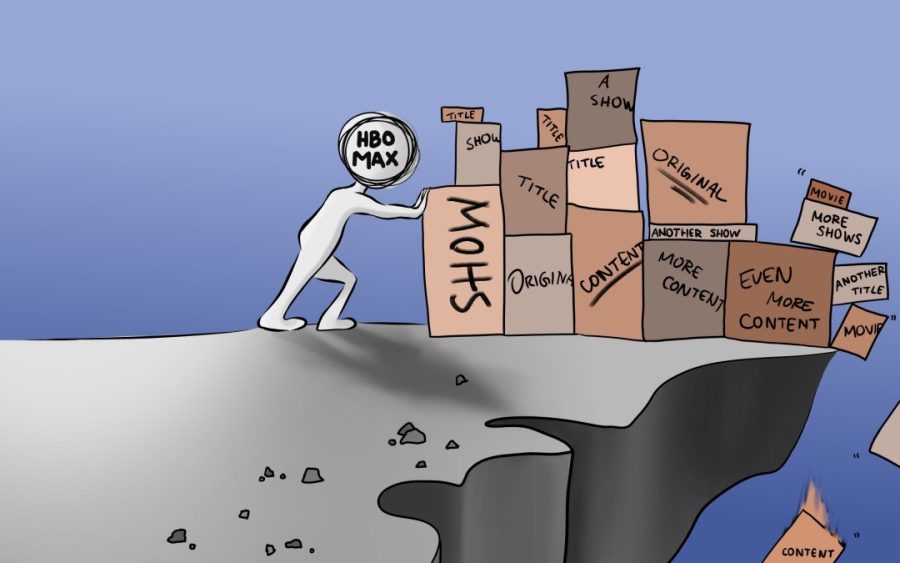How the HBO Max content purge hurts animation
September 7, 2022
Weeks after HBO Max has announced its intentions to remove titles from the platform in preparation for a merge with Discovery+, dozens of shows have been cut. The animation department took the hardest hit, with HBO Max originals such as “Infinity Train” and “Summer Camp Island” being pulled. Other pulled content includes Cartoon Network shows like “Mao Mao,” “Tig’ N Seek,” and “Victor and Valentino.”
Animation creators were unaware that their work was removed from the platform until after it happened.
“I found out through my writer friend… He was the head writer on my show, and he texted me the morning of the announcement asking, ‘Hey, did you know about this?’ … They definitely didn’t let me know beforehand,” Diego Molana, creator of “Victor and Valentino”, said in an interview with Cartoon Brew.
Ordered by Discovery+, suspected reasons for the decision include cost elimination, tax benefits, and to reflect a new strategy to cater to adult content. Another reason, CNBC claims, was that many of these shows were “infrequently watched”; however, demand for Infinity Train, which is 14.4 times higher compared to other TV shows, proves this reason contrary. Information regarding the decision is vague, particularly as many HBO Max workers got laid off in the merger.
The announcement leaves a bad impression on those working in the animation industry. Removing animated shows from HBO Max reduces their accessibility to audiences, hurting the revenue of actors and artists. Though artists receive an initial payment, residuals— compensation after initial payment—are what make the difference for them. Owen Dennis, creator of Infinity Train, wrote in his newsletter that HBO Max reportedly pulled the shows before paying artists their residuals.
Additionally, shows that are exclusively streamed on HBO Max usually don’t have physical copies and don’t air on other platforms, making it difficult for artists to access their own work for a portfolio. This limits the ability of artists to find new jobs in the industry, much of which relies on portfolios and connections. And in an age where streaming platforms owned by large corporations control access to digital media, it’s increasingly difficult to preserve media.
“It’s gone. They’re all gone. Like, yeah. I can go on a pirate streaming web site to watch episodes, but my kids can’t. I made this for them,” Levon Jihanian, art director for “Tig ‘N Seek”, tweeted in response to the news.
While the decision may reduce costs for Discovery+ in the short-term, distrust towards HBO Max will hurt its future with animation in the long term, and its reputation will be a warning to showrunners to avoid signing with HBO Max.
As of now, the full ramifications of this decision are uncertain. But what is known is that the horizon of animation doesn’t look bright.



